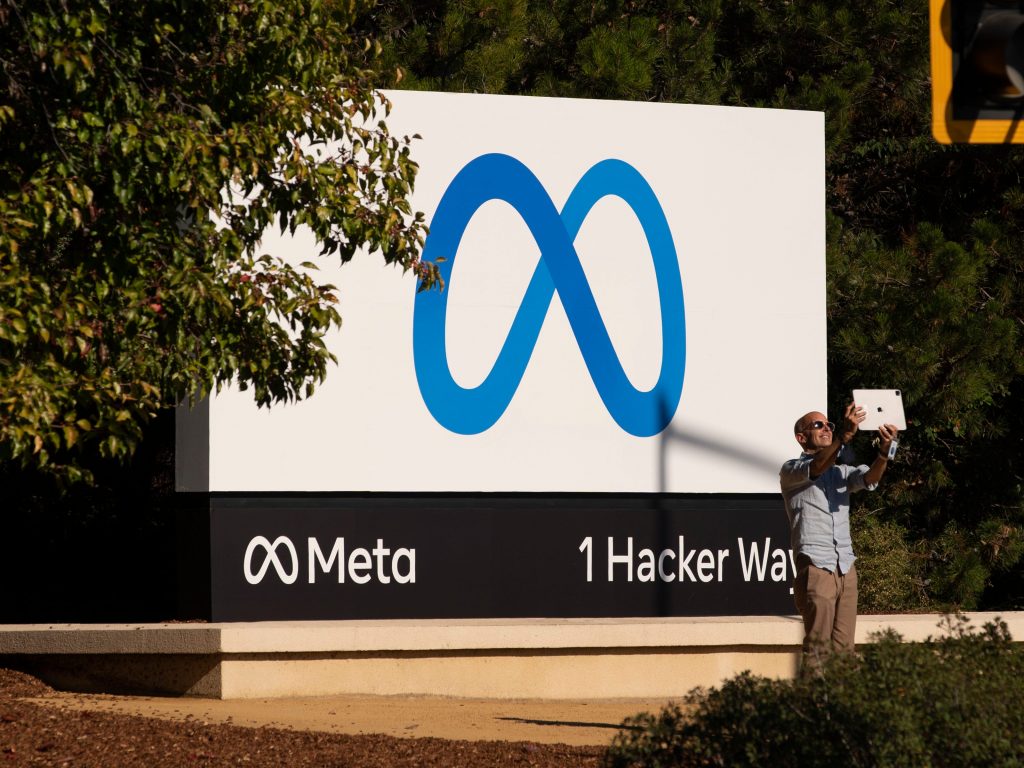- An Irish data watchdog will stop Meta from sharing Europeans' data with the US, Politico reported.
- The decision, if agreed by EU officials, could force Facebook and Instagram offline in Europe.
- Meta is relying on the US and EU to strike a data sharing agreement, but talks have stalled.
Meta's ability to share data between European and US servers has been thrown into doubt following a ruling by Ireland's data protection regulator that could force Facebook and Instagram offline in Europe this summer.
A Meta spokesperson confirmed the decision, which was first reported by Politico.
The Irish watchdog's decision on Thursday does not automatically apply across Europe. EU officials at Europe's Data Protection Board have one month to confirm whether EU-US data sharing will be blocked.
The decision would affect thousands of tech companies that hold European data on US servers.
The privacy issue dates back to revelations by NSA whistleblower Edward Snowden, which found that data stored on American soil could be accessed by US spying agencies. That led to a series of legal challenges by Austrian privacy campaigner Max Schrems to throw out existing US-European data sharing agreements.
In March EU and US officials agreed to a provisional agreement covering Meta's data sharing practices, but a final deal is not expected before the end of 2022, Politico reported.
A Meta spokesperson said: "This draft decision, which is subject to review by European data protection authorities, relates to a conflict of EU and US law which is in the process of being resolved. We welcome the EU-US agreement for a new legal framework that will allow the continued transfer of data across borders, and we expect this framework will allow us to keep families, communities and economies connected."
Meta said in February that if a new framework was not reached and EU data watchdogs banned standard contractual clauses – a legal workaround it's been using since 2020 – it would "likely be unable" to continue offering Facebook and Instagram in Europe.
WhatsApp would not be affected, however.

